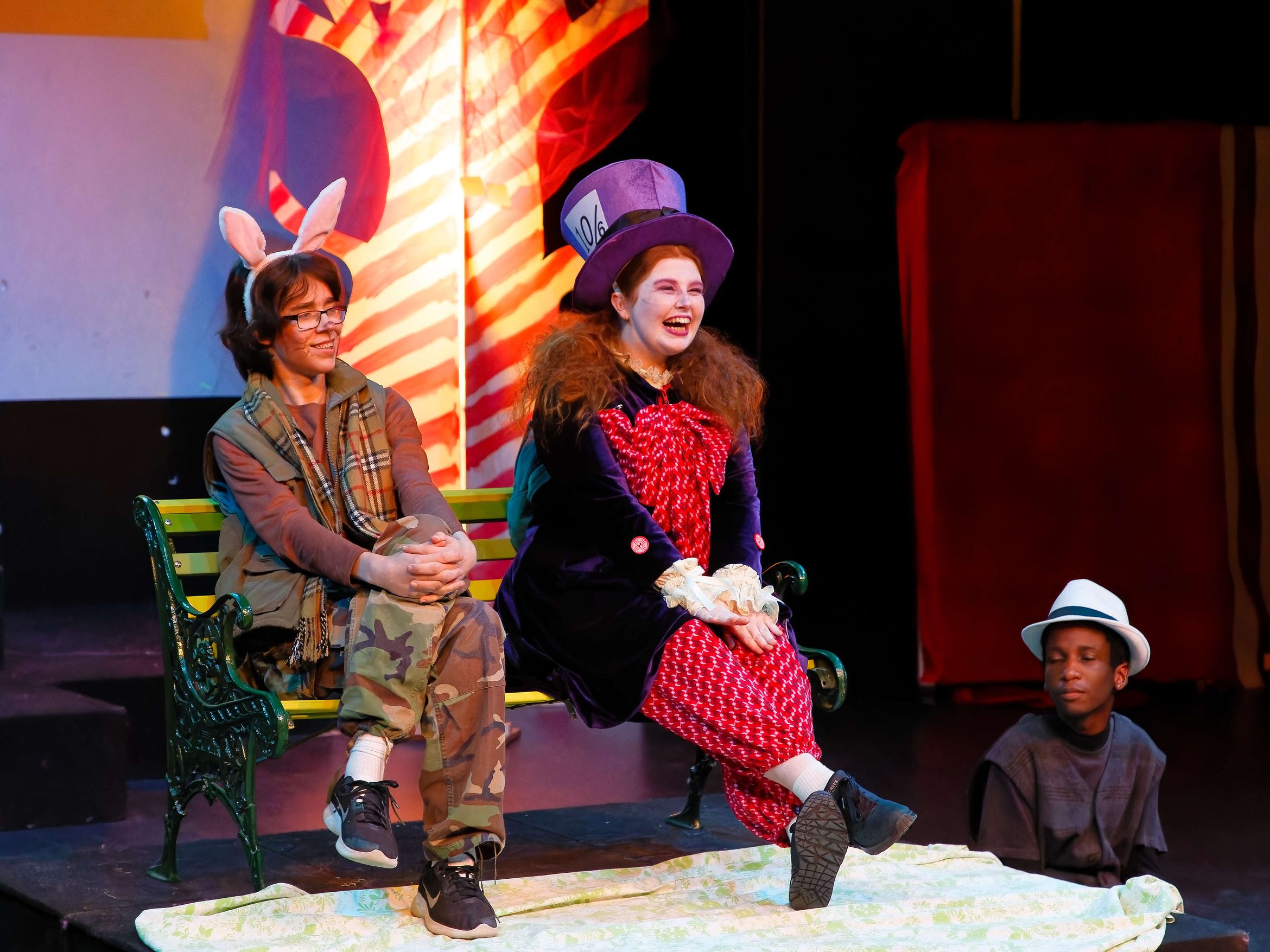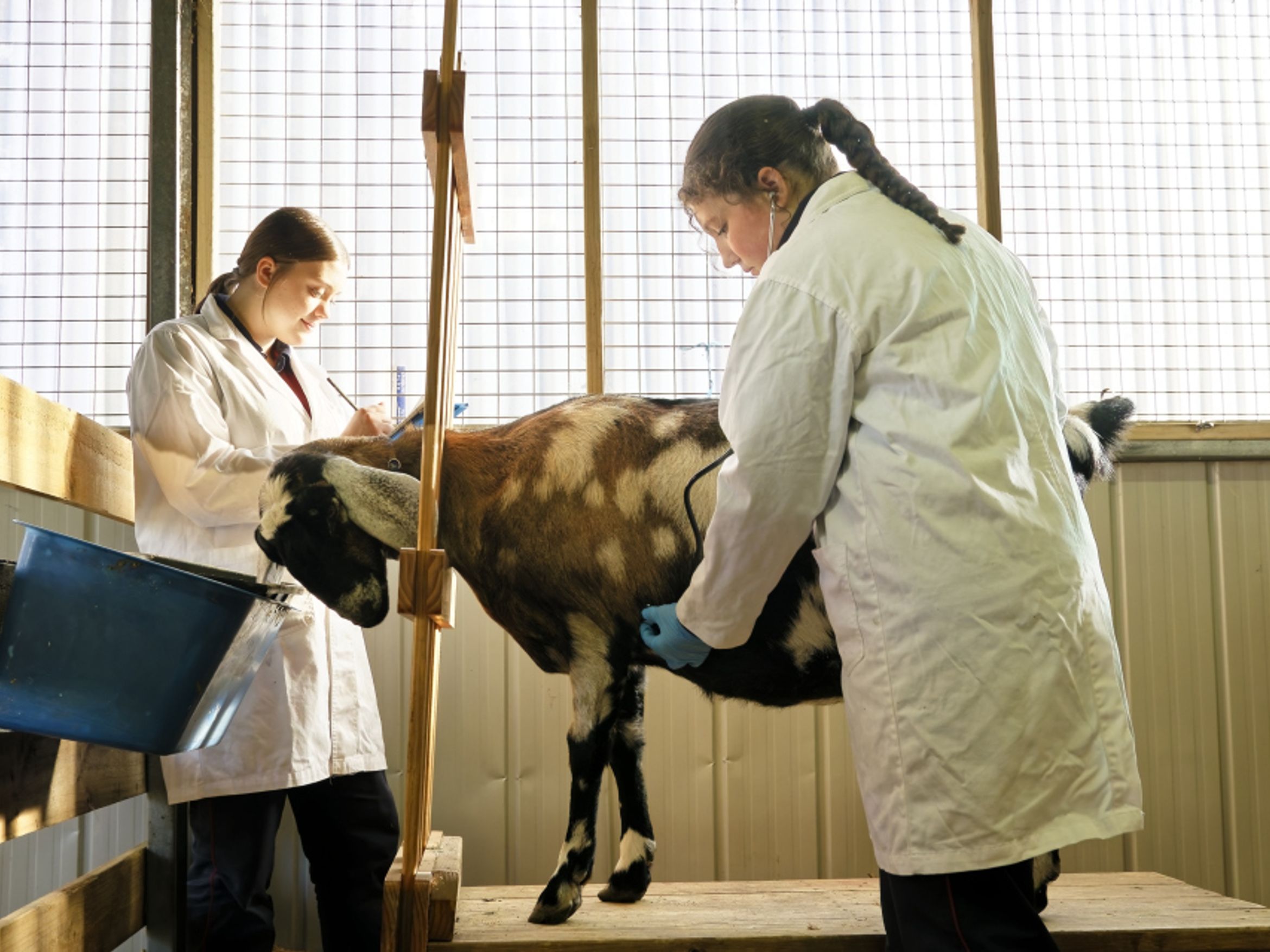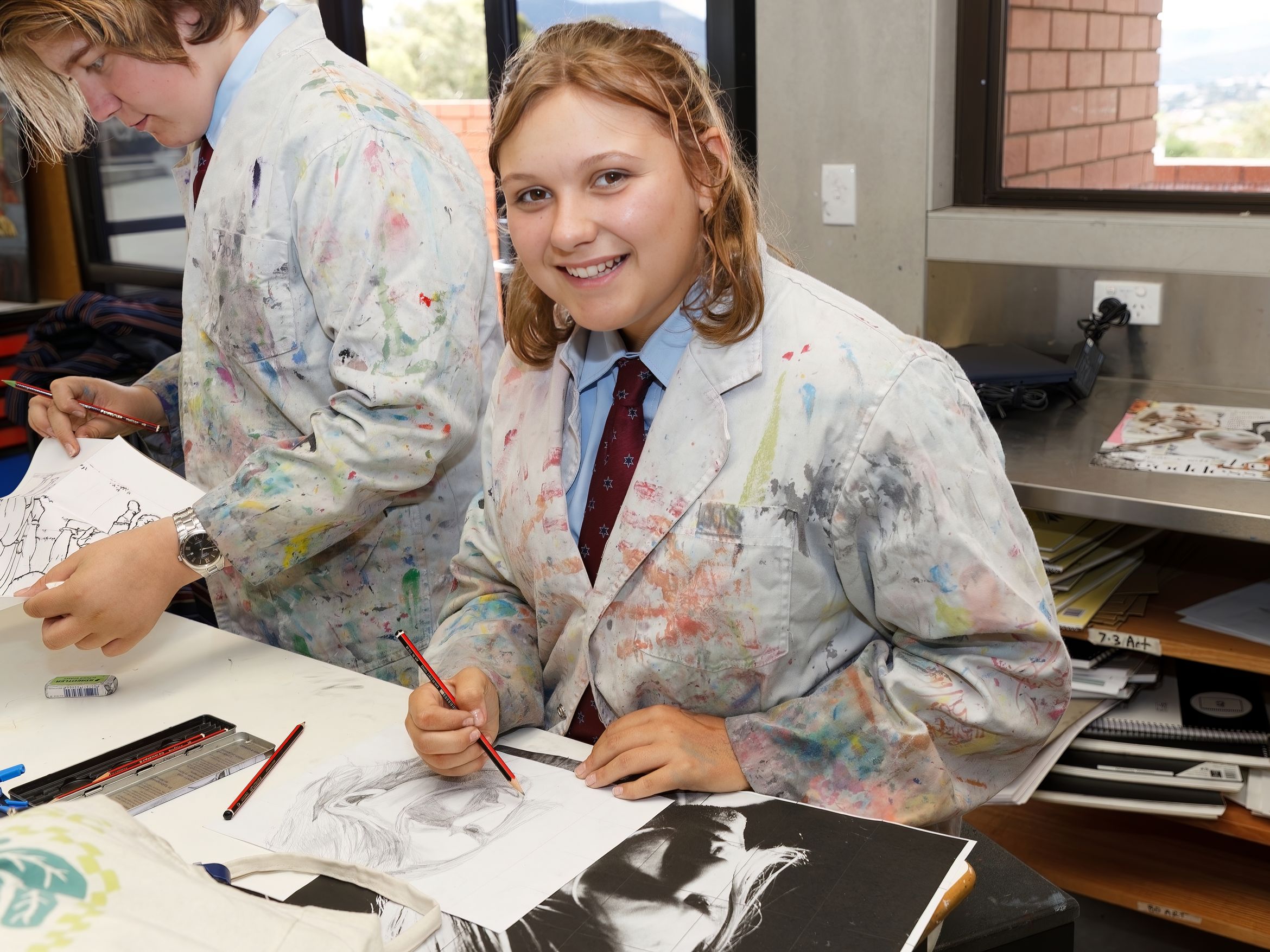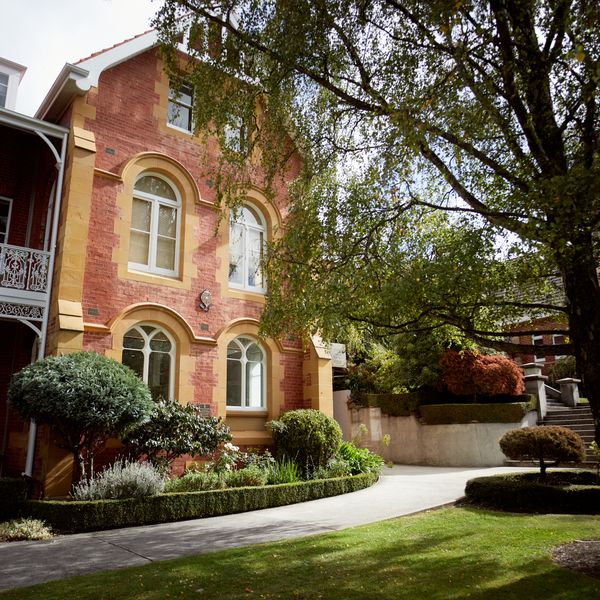Dominic College’s secondary curriculum is designed to engage students in authentic, meaningful learning that develops both logical and creative thinking. Our goal is to prepare students for an ever-changing world by nurturing inquiring minds, reflective thinking, effective communication, responsible citizenship, and ethical self-direction.








Core Curriculum and Electives
Students in Years 7–10 undertake a comprehensive curriculum that includes both core subjects and a wide range of elective options. Students can choose from over 25 elective subjects, allowing them to explore their interests and talents across a variety of disciplines.
Each student receives a personalised timetable that outlines their core and elective subjects. The school operates on a 10-day cycle, divided into ‘Week 1’ and ‘Week 2’ schedules.
📄 For detailed descriptions on elective subjects, please refer to the Subject Handbook.

All students follow a common core curriculum comprising six key subjects:
• Religious Education
• English
• Mathematics
• Science
• Humanities and Social Sciences (HaSS)
• Health & Physical Education
Learning Beyond the Classroom
Education at Dominic College extends well beyond the classroom. Real-world experiences help students apply theoretical knowledge in practical settings, deepening understanding and building critical thinking skills. These experiences also foster peer bonding, independence, and global awareness.

Key enrichment opportunities include:
• Class excursions across various subjects
• Annual camps for Years 7–9
• Annual retreats for Years 7–10
• The Year 9/10 Japan Study Tour
Academic Departments
📄 For detailed department descriptions, please refer to the Subject Handbook.

Subjects in Years 7–10 are organised into the following departments:
• Department of Religious Education
• Department of English
• Department of Mathematics
• Department of Humanities and Social Sciences
• Department of Science
• Department of Languages – Japanese
• Department of Health & Physical Education
• Department of The Arts
• Department of Technologies & VET
College Colours Awards
The College Colours Awards recognise exceptional achievement and are a prestigious honour worn on the College blazer in a student’s final year—Year 10. Successful applicants receive a badge symbolising their outstanding contribution and achievement.

Students may apply for a College Colours Award in the following areas:
• Mission
• Academics
• Creative Arts
• Sport



